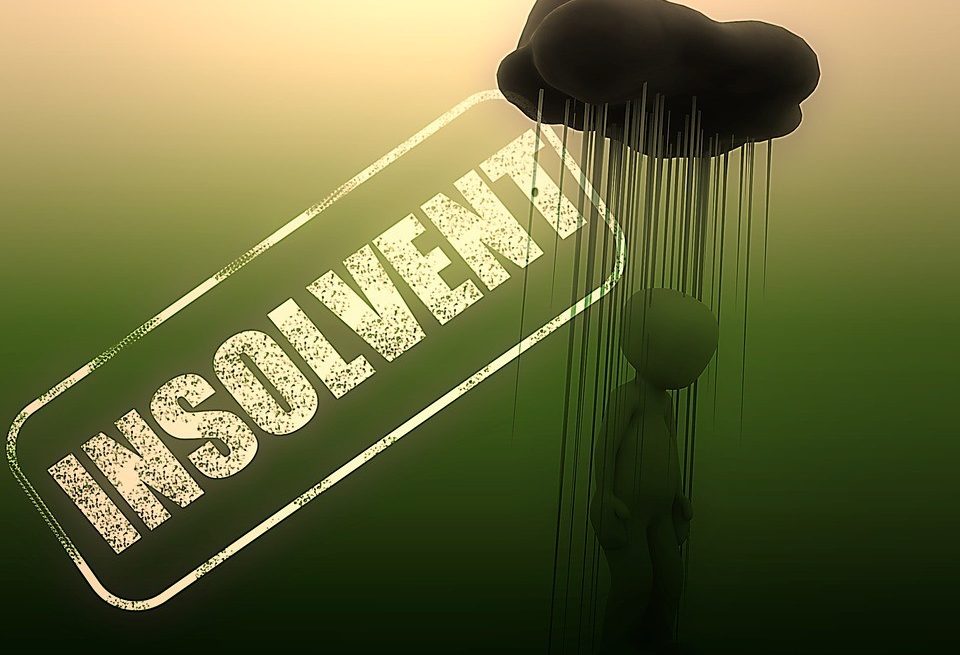One important responsibility for the executor or administrator of a New Jersey estate is to deal with insolvent estates, that means to pay the deceased person’s debts. Debts can include credit cards, mortgages, loans, funeral costs, and medical expenses among other things. Some creditors may make formal claims against the estate while others may forgive the debt. The executor/administrator must use the assets of the estate to pay the decedent’s debts, but they do not have to use their own personal funds to satisfy the debts. What happens if the debts exceed the available estate assets?
In that case, the estate would be insolvent. Insolvent estates are a estate in which the “real and personal estate of the decedent is insufficient to pay all the debts”. N.J. Court Rule 4:91-1(a). In order for an estate to be formally deemed insolvent, a complaint must be filed in the Superior Court, Chancery Division, Probate Part. This complaint cannot be filed until the expiration of nine months from the date of the decedent’s death. The executor/administration must file the following along with the Complaint for Insolvency:
- An accounting, in accordance with R. 4:87-3; and
- A list of the creditors:
- That have presented claims within the nine months following the decedent’s death, or
- That the executor/administrator plans to allow, without requiring the submission of a formal claim. R. 4:91-1(b)
For each creditor, the executor/administrator must list:
- The amount of the claim
- Whether the claim is being allowed or rejected
- Whether the claim is entitled to priority (pursuant to statute)
- The basis of the claim (judgment, book account, etc.)
If the court concludes the estate is insolvent, the court will determine the amount and priority for payment of each claim. R. 4:91-1(c). The claims and debts of the estate will be paid in the following order:
- Reasonable funeral expenses;
- Costs and expenses of administration;
- Debts for the reasonable value of services rendered to the decedent by the Office of the Public Guardian for Elderly Adults;
- Debts and taxes with preference under federal law or the laws of New Jersey;
- Reasonable medical and hospital expenses of the last illness of the decedent;
- Judgments entered against the decedent; and
- All other claims.
Managing insolvent estates can be a complicated and stressful process.

